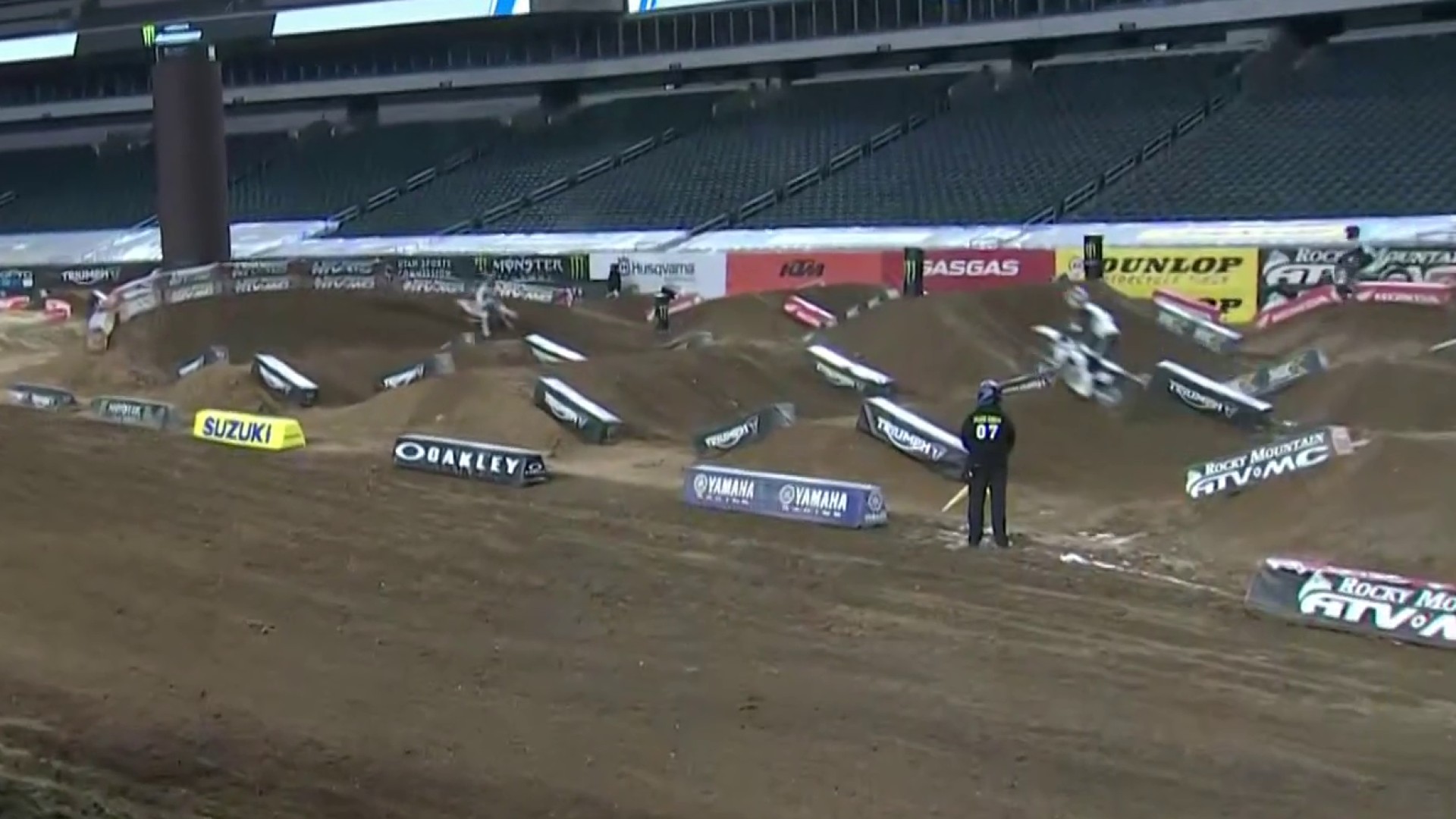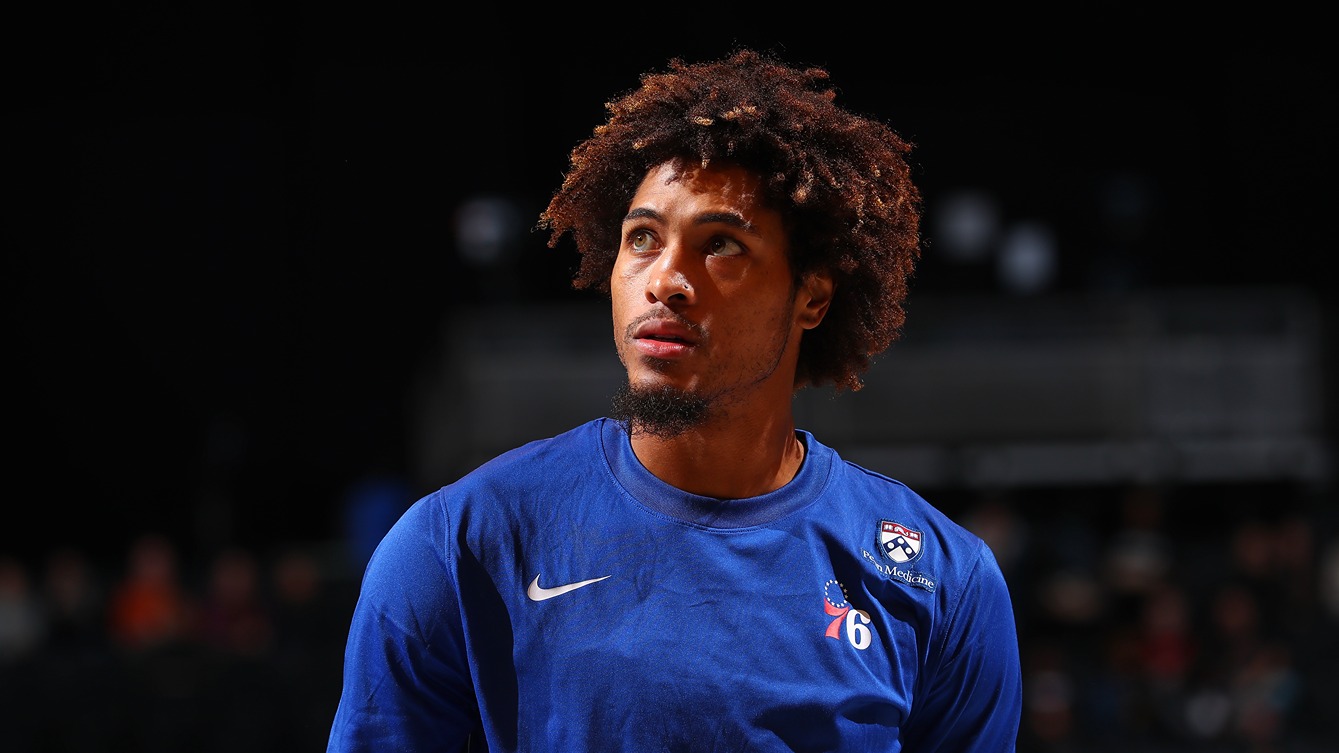The Pennsylvania House and Senate moved toward a showdown over competing spending and tax plans Monday, with the fate of suffering counties, schools and social services agencies hanging in the balance of a 5-month budget stalemate.
In bipartisan votes, the Senate overwhelmingly passed a $30.8 billion spending plan — which could come with a full-year tax increase of more than $1.2 billion — and legislation to cut costs and overhaul benefits in Pennsylvania's two mammoth public-sector pension systems.
Gov. Tom Wolf, a Democrat, supports both bills, his office said. However, the fate of both was uncertain in the House.
A Tuesday House vote was possible on a competing $30.3 billion budget bill that contained hundreds of millions of fewer dollars for education and human services. It emerged after the House Republican majority rebelled over the weekend, objecting to the size of the spending and tax increases in a deal their leadership negotiated with Wolf and Senate leaders.
Senate leaders said it was time to end the stalemate and defended their plan as the kind of compromise necessary to get Wolf's signature.
"Eventually we are judged by our results. It's nice to be for something, but if you never get anything passed or signed, what good are you?" Senate Majority Leader Jake Corman, R-Centre, told reporters after the vote.
If the House sends a different plan, Corman said, "hopefully it's something that can get support in both chambers and get a signature by the governor."
The 11th-hour standoff erupted over the weekend, after top lawmakers vowed to remain in the Capitol until they end the stalemate with Wolf. Many lawmakers were left wondering Monday how the impasse will end, considering the large differences between the House GOP and the plan supported by the Senate and Wolf.
The House GOP budget bill passed the Appropriations Committee in a party-line vote Monday. House Democrats said they had had little time to get a look at the rushed House GOP budget bill and said Wolf opposes it.
"Sending this plan to the governor would be a total non-starter," said Allegheny County Rep. Joe Markosek, the ranking Democrat on the Appropriations Committee.
Wolf has insisted on a tax increase to deliver a record boost in aid to public schools and narrow a long-term budget deficit. As a trade-off, he had agreed to sign legislation long-sought by Senate Republicans to scale back public pension benefits and by House Republicans to allow private businesses to sell wine or liquor outside the state-controlled system.
Aside from the differences over spending, numerous other differences with the House GOP emerged over the weekend.
For one thing, Senate leaders say a cash package of more than $600 million — and potentially $1.2 billion next year — will be necessary as part of the compromise with Wolf. The Senate, however, had not settled on the sources of that money. The Senate budget bill also included hundreds of millions of dollars in one-time payment delays that Wolf initially had criticized in an earlier GOP budget bill he vetoed.
House Republicans said their budget bill would require a cash package of about $300 million. That could include licensing fees from an expansion of gambling — House GOP officials could not give details on the gambling legislation — but Corman said there is not enough support in the Senate to expand gambling.
"We don't have the votes for that, I mean, that's just plain and simple that won't happen," Corman said.
Legislation to liberalize the sale of wine by giving private licensees the right to sell it could get a committee vote Wednesday in the Senate.
Local
Breaking news and the stories that matter to your neighborhood.
Pennsylvania has not had a legal spending plan in place since its fiscal year began July 1. Wolf has vetoed the GOP's budget, liquor and pension plans that passed on party lines, as well as a short-term spending bill meant to get more money flowing while negotiations continue.



